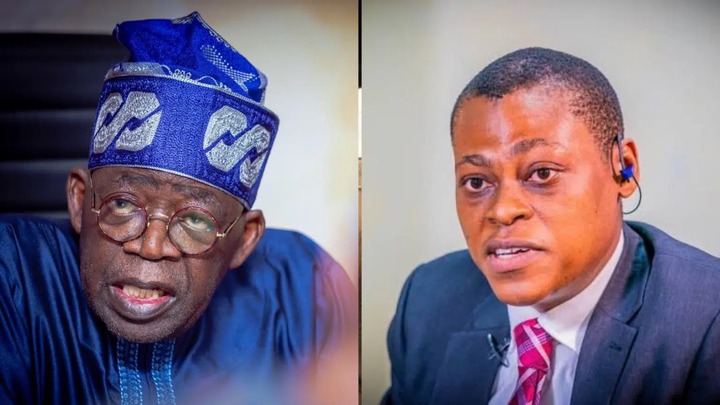
Arise TV Anchor, Oseni Rufai, revealed via his X handle that the Tinubu administration’s borrowing in just one year has surpassed the borrowing during Buhari’s eight-year tenure.
Under Tinubu’s watch, Nigeria’s debt soared by an unprecedented ₦24 trillion in just three months, catapulting the total debt to a debilitating ₦121 trillion. This sharp increase, attributed to the naira’s collapse, is seen as an economic catastrophe resulting from Tinubu’s decision to float the currency. The naira plummeted from about ₦800 to nearly ₦2,000 to a dollar at one point, wreaking havoc on the economy and burdening the nation with unsustainable debt levels. Rufai criticized claims that the debt increase is due to naira depreciation and high exchange rates, calling it a weak excuse. He emphasized that such depreciation results directly from the president’s misguided policies, not external forces.
Rufai stated, “Those that say the government didn’t take a lot of debt must forget that bond is a debt. We raised bond debt of over ₦20 trillion in months. This government is borrowing too much. Currency differential isn’t only the problem, over ₦20 trillion was also borrowed in the bond market.”
He continued, “I don’t even have problems with borrowing if we use it properly, but we borrow and have nothing to show for it. We use it frivolously. We expend ₦1 trillion on coastal roads when we have other roads pending. Data obtained from the Debt Management Office revealed that Nigeria’s total debt stock rose by ₦24.33 trillion in the first quarter of 2023 to ₦121.67 trillion from ₦97.34 trillion as of December 2022.”
Rufai also noted, “The Federal Government borrowed ₦20.1 trillion from domestic investors in the first year of President Tinubu’s administration, representing a year-on-year increase of 117 per cent from the previous year. This has prompted concerns over the impact on the economy, including likely additional pressure on inflation, increased debt service cost, and higher borrowing costs for businesses. Analysts noted that the sharp increase in Federal Government’s borrowing has the potential to compound the historic high inflationary trend in the country, which may lead to further interest rate hikes by the Central Bank of Nigeria (CBN) and, by extension, increased borrowing costs for businesses and individuals.”
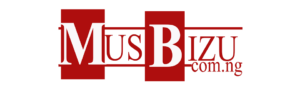
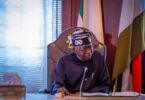



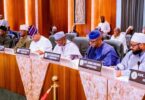
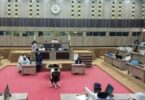


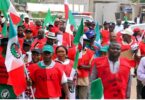

Leave a Comment